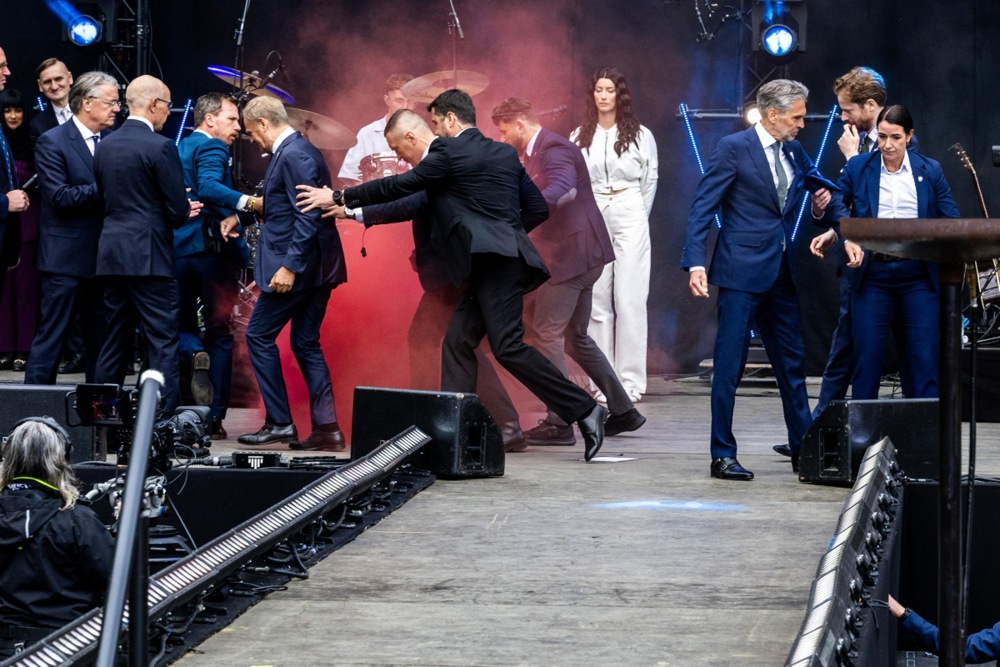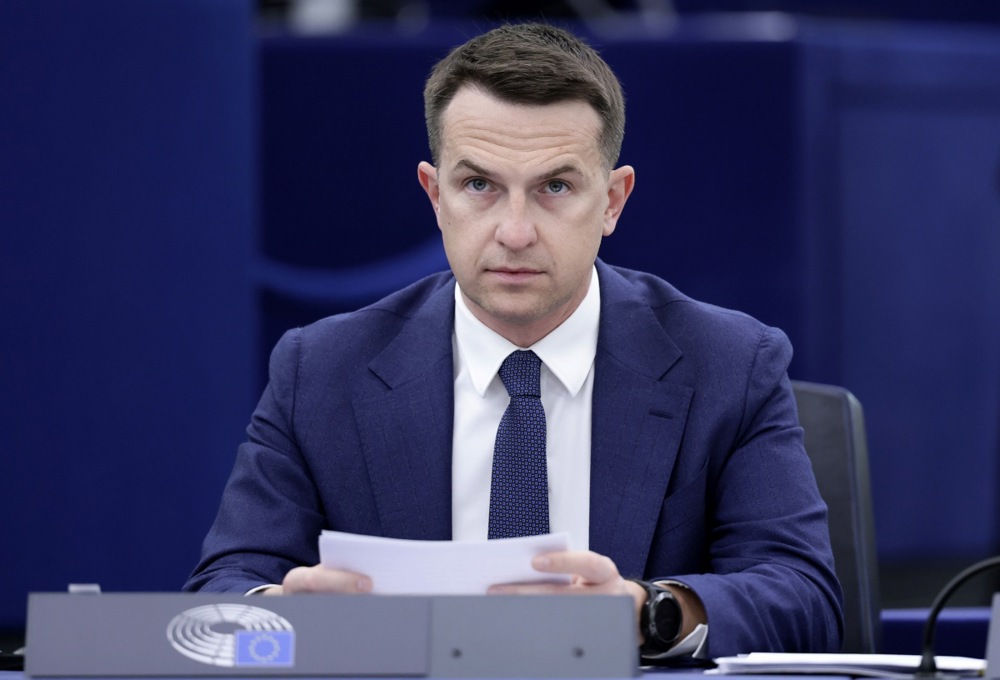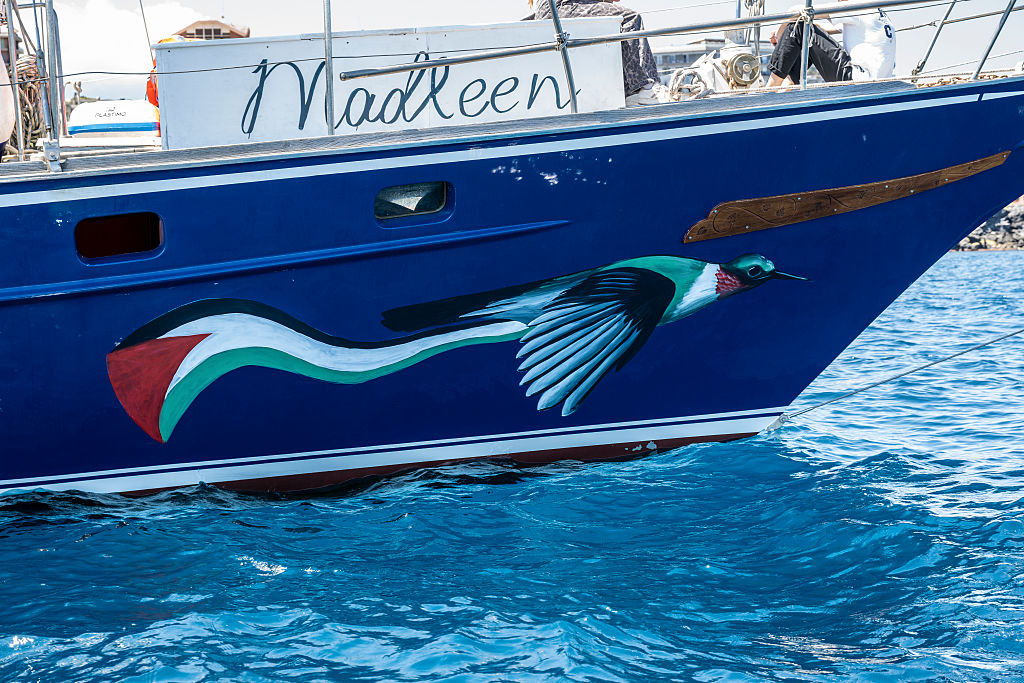Decorated Dutch war-hero Marco Kroon will not be prosecuted for blocking a pro-Palestinian protester during a Second World War remembrance event but did receive an official reprimand.
On July 8, the Public Prosecution Service (OM) said Kroon should not have reacted and should instead have waited for the police to act.
Still, it ruled it would dismiss the case against him and against the pro-Palestinian protesters over the Liberation Day incident in Wageningen, central Netherlands.
“There is no evidence of criminal offences that would justify prosecuting the demonstrators,” the OM said in a statement.
On May 5, during a ceremony commemorating the Netherlands’ release from Nazi occupation, a person rushed into the town square where defence minister Ruben Brekelmans was giving a speech.
Kroon intervened, preventing the protester from causing any serious damage or disturbance. The police were quick to follow up.
The war veteran was praised by many over his actions but the public prosecutor was less impressed and opened an investigation into both Kroon and demonstrators after two pro-Palestinians pressed charges against the decorated major.
According to allegations from Willem Jebbink, lawyer for the protesters, Kroon had assaulted one, whom he dragged away, leaving him with an abrasion.
The war veteran was accused of forcefully having ended a peaceful demonstration, thus violating the protesters’ fundamental rights.
Lawyer Michael Ruperti told newspaper De Telegraaf in May that he felt the charges against Kroon were questionable.
“A protester, however peaceful, does have to abide by the prevailing laws and rules. Someone climbs over a crowd barrier and grabs something from his bag. Should you then wait for him to grab a smoke bomb or something else?”
Pro-Palestinian protesters have disrupted a ceremony commemorating the Netherlands’ liberation from Nazi occupation 80 years ago. https://t.co/wFjjl9CnUh
— Brussels Signal (@brusselssignal) May 5, 2025
In its decision, the OM added it took a cautious approach when considering prosecution of demonstrators, as the right to protest was guaranteed under the Dutch Constitution and international human rights.
“Each case is assessed individually, taking into account the seriousness of the offence, the specific circumstances, and the potential consequences of criminal proceedings,” it said.
The prosecutor, though, did reprimand Kroon, saying: “The Public Prosecution Service firmly rejects the notion that it is acceptable — or even a duty — to physically confront, assault, or disrupt demonstrators during protests.”
It added it did not consider prosecuting Kroon as “opportune” under the circumstances.
“When two persons from the audience penetrate the fence during a speech by the minister, their intentions are not immediately clear. It is not inconceivable that they have something evil in mind. This could cause panic, including among the audience present. Intervention by the police is then to be expected.”
“Kroon should have left the intervention to the police present and acted too hastily in that regard. However, given the circumstances, his reaction — as a soldier accustomed to acting swiftly — is understandable,” the OM stated.
It said both parties acted with reasonable intentions.
“The protesters wanted to used their right to demonstrate, a fundamental right that is upheld in the Netherlands partly thanks to the commitment of veterans. Major Kroon’s intervention aimed to ensure a safe and undisturbed commemoration of that commitment of veterans.”
In a final remark, the prosecution said it wanted both parties to consider talking to each other about the incident and its outcome and offered to facilitate any such remedial discussions.
Amsterdam city officials are refusing to name a bridge in honour of a famous Dutch resistance hero because the responsible commission prefers selecting names from women and people of non-Dutch descent. https://t.co/O6aBfTlMRz
— Brussels Signal (@brusselssignal) October 4, 2024





